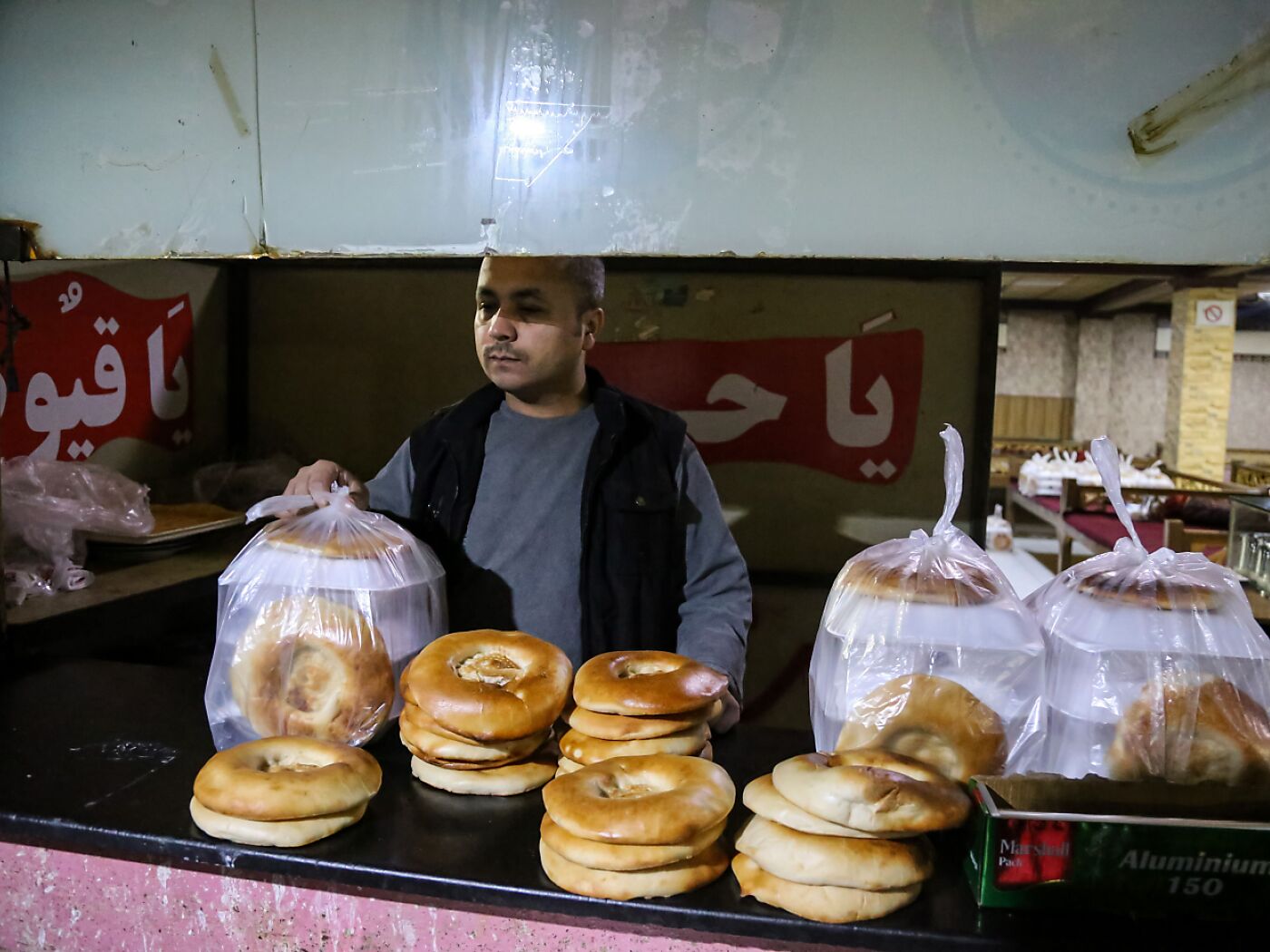
Swiss repatriation policy for Afghans has not been implemented

No rejected Afghan asylum seekers have yet been repatriated under the new practice adopted in Switzerland in April. And even the deportation of Afghans with a criminal record is proving more difficult than expected for the federal government, writes the SonntagsBlick today.
+Get the most important news from Switzerland in your inbox
Since October 2024, the State Secretariat for Migration (SEM) has expelled five convicted Afghans. According to the Sunday paper, another deportation failed due to resistance from Afghan authorities: one man was refused entry at Kabul airport and was sent back to Switzerland.
The SEM confirmed to Keystone-ATS that five men were returned to Afghanistan, but did not provide information on the refusal of entry to Kabul due to privacy and data protection issues. The Secretariat does not want any conclusions to be drawn about the whereabouts of the persons concerned.
New practice
Under a change in practice that has been in effect since April, single men whose asylum applications have been rejected may be sent back to Afghanistan. According to SEM spokesman Samuel Wyss, no one has yet been repatriated under the new system.

More
Swiss government to deport rejected asylum seekers from Afghanistan
The conditions for repatriation are that the men have no family in Switzerland, are in good health, have reached the age of majority and have a stable and solid network of contacts in Afghanistan that they can rely on to reintegrate socially and professionally.
Only a small group of rejected asylum seekers are affected by these expulsions, which are considered ‘tolerable’, Wyss explains. Repatriations only take place after a case-by-case examination. This practice does not apply to women, families, minors and people with health problems: if they are not granted asylum or if no other Dublin state is responsible for their asylum procedure, Switzerland generally admits them provisionally.
Office in Kabul
On August 11, 2021, the SEM had stopped transfers to Afghanistan, as the situation had become more dangerous. Instead, the removals of people who had committed serious crimes or posed a threat to Switzerland’s internal or external security continued.
Patricia Danzi, head of the Swiss Agency for Development and Cooperation (SDC), visited Afghanistan last week. In an interview with the paper NZZ am Sonntag, she said that the situation on the ground was much calmer than during her last visit in 2021.
Switzerland reopened its humanitarian office in Kabul in the spring. Danzi reported that the office was virtually untouched and that the Taliban had hung a note on the door forbidding access to the premises. Switzerland must be present on the ground, she said, because it is providing humanitarian assistance to the population to the tune of CHF27 million ($32 million).
Danzi held technical talks with the Taliban about the necessary permits and bureaucratic visas. She also set a number of conditions: the SDC wants to decide on security for the office and to hire women. The Taliban promised to address these points.
Translated from Italian by DeepL/jdp
We select the most relevant news for an international audience and use automatic translation tools to translate them into English. A journalist then reviews the translation for clarity and accuracy before publication.
Providing you with automatically translated news gives us the time to write more in-depth articles. The news stories we select have been written and carefully fact-checked by an external editorial team from news agencies such as Bloomberg or Keystone.
If you have any questions about how we work, write to us at english@swissinfo.ch

In compliance with the JTI standards
More: SWI swissinfo.ch certified by the Journalism Trust Initiative





























You can find an overview of ongoing debates with our journalists here . Please join us!
If you want to start a conversation about a topic raised in this article or want to report factual errors, email us at english@swissinfo.ch.